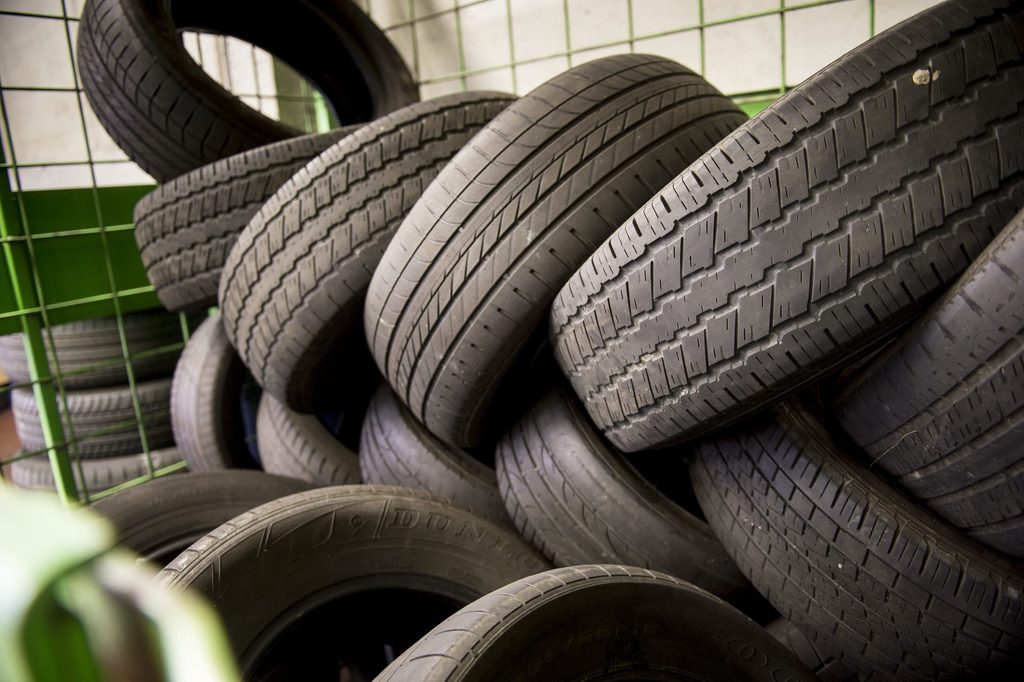In a resounding victory for environmental sustainability, Belgium has demonstrated exceptional progress in its tire recycling efforts, with over 99.8% of the 85,844 tonnes of used tyres collected in 2022 finding new life through recycling initiatives.
This substantial accomplishment, detailed in the latest report from Recytyre, the organisation responsible for overseeing tire recycling in Belgium, not only surpasses the minimum mandated material recovery threshold of 85% but also sets an inspiring example for waste management strategies worldwide.
The meteoric rise in tyre recycling rates can be attributed to two key factors: enhanced collection practices and the implementation of a pioneering tyre purchase tax.
When purchasing a new tyre, consumers now make a modest contribution that ensures their used tyre can be handed over for recycling without incurring additional fees. This monumental shift from the past practice, where fees were levied upon returning used tyres, has prevented the alarming phenomenon of discarded tyres finding their way into the natural environment.
"The paradigm shift lies in the fact that when you acquire a new tire, you're already investing in its sustainable future,” Chris Lorquet, Director of Recytyre, recently told RTBF. “This progressive approach has significantly curtailed the unsavoury practice of tyre abandonment, which was rampant before the introduction of the tyre take-back obligation."
The recycling process commences with the collection of used tyres, followed by their meticulous transformation into rubber fragments. These fragments are then ingeniously repurposed into pellets, primarily earmarked for use in synthetic sports surfaces. However, it's noteworthy that this application will soon face restriction, necessitating the tyre recycling sector to innovate and explore novel recycling methodologies, according to Chris Lorquet.
"The impending ban on using recycled tyre material for synthetic sports fields underscores the need for the sector to reinvent itself and explore alternative avenues for repurposing," he told RTBF.
An emerging direction of interest involves chemical recycling, which holds the promise of rejuvenating Belgium's tyre recycling landscape.
"Our aim is to usher in a new era of tyre recycling in Belgium, transitioning from conventional mechanical recycling to the realm of chemical recycling,” Cédric Slegers, Advisor to the General Management of the Comet Group—specialists in tyre recycling, told RTBF. “This paradigm shift promises heightened efficiency in material quality, paving the way for new and innovative applications."
Notably, the enhanced material quality derived from chemical recycling has the potential to facilitate the transformation of waste tyres into new ones, an unprecedented advancement that has yet to be realised on an industrial scale.
As Belgium stands at the crossroads of its tyre recycling journey, the nation's pursuit of innovation and sustainability holds immense promise. With the exploration of diverse applications—including insulation—and the pivotal shift towards chemical recycling, Belgium charts a course that not only sets an inspiring example but also promises a greener, more sustainable future for tyre waste management.

